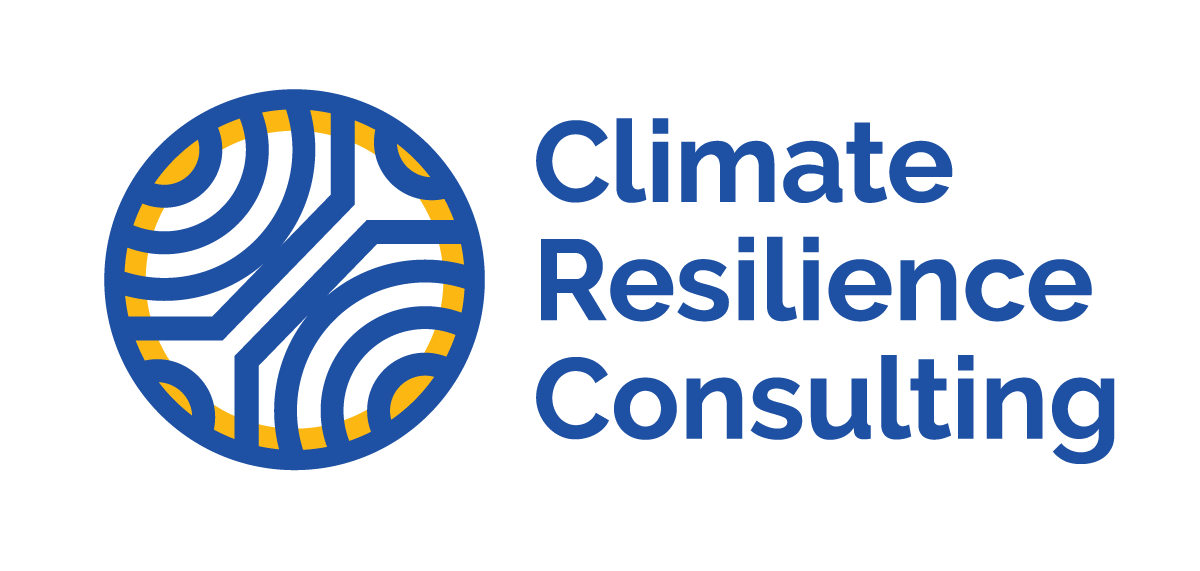In 2016, the World Economic Forum’s Global Risks Report concentrates on the likelihood and impact of environmental and societal risks. Three of the top five most likely risks are environmental, including failure of climate-change mitigation and adaptation ranking as 3rd most likely and as the most potentially impactful. This year is the first time in almost ten years that an environmental risk has ranked first in terms of impact. Water crises and involuntary migration also rank in the top five for most impactful risks in 2016.
Over time, climate-related issues have increasingly ranked higher in potential impact and likelihood of occurrence in this vanguard report.. These risks feature prominently in the highest concern list for the next 18 months. And, with a longer term view over the next ten years all five of the risks of highest concern relate to climate change: water crisis, failure of mitigation and adaptation, extreme weather events, food crisis and profound social instability importance of climate-related events.
The report presents many risks that are interconnected, such that they may be mitigated or aggravated by the same action or event. Climate change, as a trend, is heavily weighted, indicating strong connections with many other risks, including extreme weather events, water crises, biodiversity loss, and ecosystem collapse. These data indicate a need for nations, as well as businesses and local governments, to collaborate to address climate change – especially to implement and measure adaptation projects.
Important questions are now presented to the world. Climate change must clearly become a global priority, but what is the best way to go about both mitigating it and, adapting to it? Some of those questions were addressed in the Paris Decision and Agreement, where a mitigation target is on par with not only a global adaptation goal, but also the humbling Loss and Damage. With Loss and Damage an official part of the agreement and the educated elite that participate in WEF’s survey defining major risks as the lack of adaptive capacity, there is a resounding clarion call to create adaptation actions in water and food security today that save lives and improve livelihoods.
Thanks to Patricia Holland, ND-GAIN Intern, for her help with this blog.


